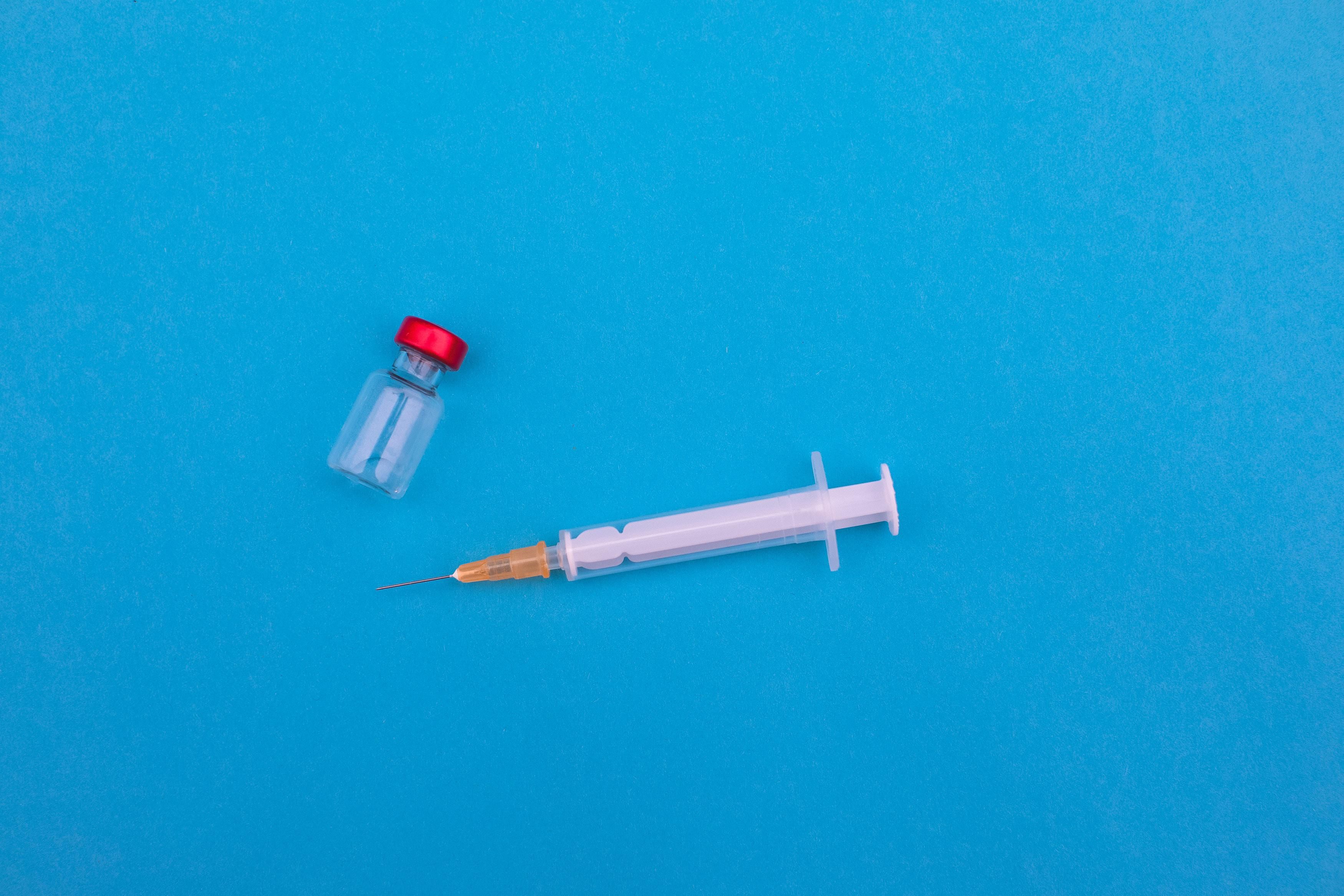Are you curious about the COVID-19 vaccine? Here's what to read
Updated on Dec.19, 2020.
It's roughly been a year since the COVID-19 virus was initially detected, propelling a global pandemic to the forefront that has changed many aspects of our daily lives. Several months later, millions of people have become unemployed, and 314,000 people in the United States have died from the virus.
The vaccine has become a reality through Operation Warp Speed's ( a broader strategy to accelerate the development, manufacturing, and distribution of COVID-19 vaccines) goal to produce and deliver 300 million doses of safe and effective vaccines. Initial doses are expected to be available by January 2021. The Centers for Disease Control and Prevention (CDC ) also state that there might not be many available doses for adults. They also state that supplies will increase over time, and all adults will be able to get vaccinated later in 2021. Also, the vaccine may not be available to young children until more studies are done.
READ: The bizarre ways my smell and taste changed after Covid
Suddenly I'm a spice queen - but my scented candles smell like vomit
Although it's exciting to know that this virus could be combatted, it's also overwhelming with the amount of information out there and, at times, perplexing. If you were anything like me and didn't know where to start, check out some of these findings.
How the COVID-19 vaccine works
Drugmakers Pfizer (Pfizer/BioNTech) and Moderna applied for emergency FDA approval for their vaccines and received clearance for it. If you're interested in how either of these vaccinations will work, check out The Independent's explanations on Moderna here and Pfizer-BioNTech here.
CNBC also created this comprehensible and informative video about how the vaccines will work throughout the body.
What's in the COVID-19 vaccine?
Per the CDC, the vaccine primarily includes mRNA. Vaccines that contain mRNA send instructions to our cells to make a "spike protein" ( which is harmless by the way) a protein found on the surface of the virus that causes COVID-19.
When the protein is officially made, the cells within our bodies break it down, getting rid of it.
It's also worth noting that the mRNA in the vaccine will never penetrate the nucleus of our cells which is where DNA is, our genetics, and the live virus that causes COVID will never be used, so someone can't contract COVID-19 from it.
Read more about it here.
When will the COVID-19 vaccine be accessible?
Although we may be close to receiving the vaccine, not all of us can get it at once. Notable healthcare administrators say healthcare workers and those that are residing in nursing homes will get the vaccination first. Then the rest of the population will be next in line.
The Pfizer-BioNTech COVID-19 vaccine is being distributed to patients throughout the U.S., as well as Moderna recently getting emergency clearance from the Food and Drug Administration to distribute their vaccine, paving the way for millions of people to receive it.
"With the availability of two vaccines now for the prevention of COVID-19, the FDA has taken another crucial step in the fight against this global pandemic that is causing vast numbers of hospitalizations and deaths in the United States each day," said the FDA commissioner Stephen Hahn.
If you were interested in finding out more information about the vaccine's distribution plans, where to get it, and how much it will cost, check out the Infectious Diseases Society of America's podcast episodes here.
Is the COVID-19 vaccine safe to use?
In a post from NBC, Dr. Stephen M. Hahn ( the Food and Drug Administration Commissioner), states that the trials are "the equivalent of a medical home run", and there haven't been any major health concerns with the three main vaccines used in the United States. However, the agency still needs to carefully assess the raw data from these vaccination trials.
With the recent news of the Moderna also qualifying to receive emergency clearance alongside Pfizer, both are shown to not have any serious consequences except for some fatigue, headache, pain where the injection was ( they inject it into your upper arm), chills, and joint pain.
If you have allergic tendencies, there may be some reaction from the vaccination. Check out the video below.
If you would like to learn more about the vaccination's safety or want to know more about it, Barry R. Bloom, Ph.D., Glen J. Nowak Ph.D. and Walter Orenstein MD, created a straightforward article for The New England Journal of Medicine about the vaccine and the concerns that people may have about it.
How to stay up-to-date about the COVID-19 vaccine
Because the virus was rapidly affecting livelihoods, and health officials were working tirelessly to understand everything there was to know about it, the race to create a vaccine to combat the virus has been quick, leaving people like myself unsure of where to look to be abreast of everything at all times.
There is an option:
NPR has a live feed to give you the latest discoveries about the virus. If you still need more information, the CDC has a frequently asked questions section to address all concerns about the COVID-19 vaccination.
